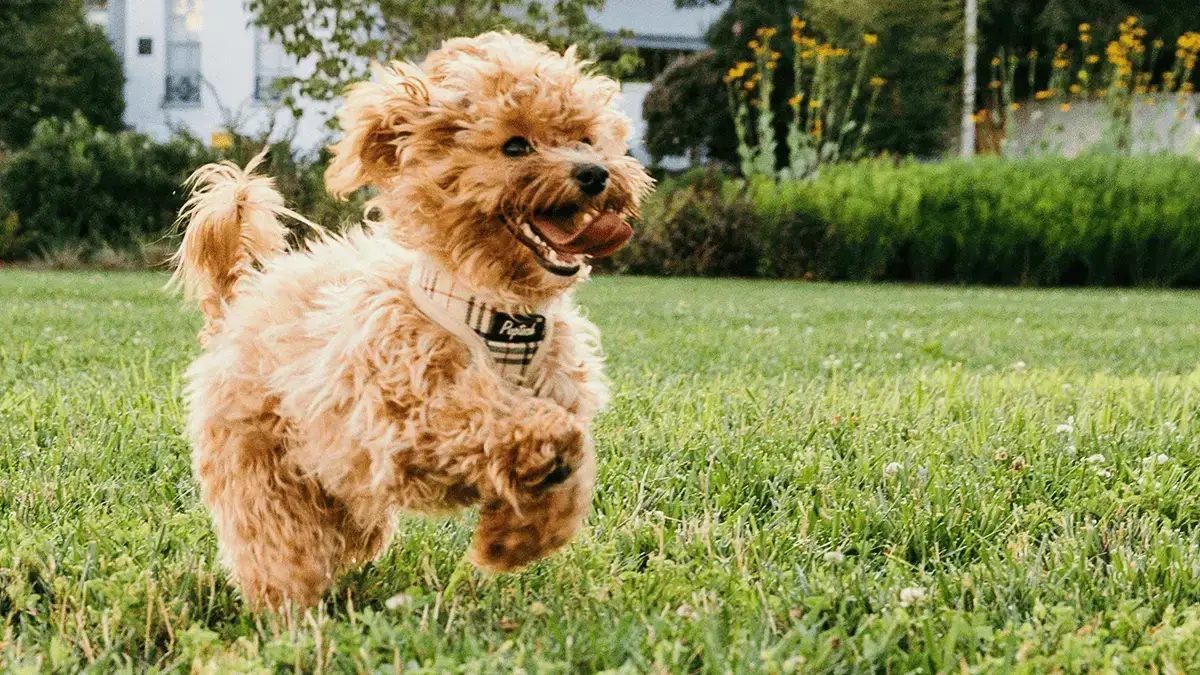Dog ownership brings joy, companionship, and responsibility—and one of the most critical responsibilities is picking up after your pet. While it might seem like a minor chore, failing to clean up dog waste can have significant consequences for your property, community, and environment. This article explores why picking up dog poop is essential, its impacts, and includes insights from reputable sources like the USDA to emphasize the importance of this practice.
Why Picking Up Dog Poop Matters
1. Public Health Protection
Dog feces can harbor harmful pathogens, parasites, and bacteria such as Salmonella, E. coli, and roundworms. These can pose serious health risks to humans, especially children, the elderly, and individuals with weakened immune systems. When left on lawns, parks, or sidewalks, dog waste can contaminate soil, water, and even food crops, increasing the risk of disease transmission. Regular cleanup prevents these pathogens from spreading, safeguarding your family and neighbors.
2. Environmental Impact
Dog waste is not just an eyesore—it’s a pollutant. When rain washes it into storm drains, it can contaminate rivers, lakes, and groundwater with nutrients like nitrogen and phosphorus. This can lead to algal blooms, which deplete oxygen levels and harm aquatic life. According to the Environmental Protection Agency (EPA), pet waste is a significant contributor to water pollution in urban areas. By picking it up, you help protect local ecosystems and maintain clean water sources.
3. Property Value and Aesthetics
Leaving dog poop on your property or in public spaces can create an unpleasant environment. It discourages neighbors and visitors from enjoying outdoor areas, lowers property values, and can even attract pests like flies and rodents. A clean yard or park is not only more inviting but also reflects pride in your community. Regular cleanup ensures your property remains a pleasant and safe place for everyone.
4. Legal and Community Responsibility
Many municipalities have ordinances requiring pet owners to clean up after their dogs, with fines for non-compliance. Beyond legal reasons, it’s a matter of respect and community responsibility. Failing to pick up waste can strain relationships with neighbors and create tension in shared spaces like parks or apartment complexes. By doing your part, you contribute to a cooperative and considerate community.
5. Animal Health Considerations
Dog waste can also affect other pets. Parasites like hookworms and roundworms can survive in soil for months, infecting other dogs that come into contact with contaminated areas. Regular cleanup reduces the risk of your dog or others picking up these parasites, promoting healthier pet populations overall.
What Experts Say: Insights from the USDA
The U.S. Department of Agriculture (USDA) and other environmental agencies highlight the broader implications of pet waste. According to the USDA, pet waste contributes to nutrient pollution, which can degrade soil quality and harm agricultural lands. In rural areas, runoff from untreated dog waste can affect livestock and crops, potentially introducing pathogens into the food chain. The USDA also notes that urban areas with high dog populations are particularly vulnerable to water quality issues, urging pet owners to dispose of waste properly in sealed bags and place it in designated trash receptacles.
The USDA’s summary emphasizes that pet waste management is a shared responsibility: “Proper disposal of dog waste prevents contamination of water supplies, reduces disease risk, and protects both human and animal health. It’s a simple action with far-reaching benefits for our environment and communities.”
Practical Tips for Effective Cleanup
– Always Carry Supplies: Keep biodegradable poop bags, gloves, and a small shovel or scooper handy during walks or in your yard.
– Dispose Properly: Seal waste in bags and throw it in the trash or designated pet waste stations. Avoid flushing unless your local sewer system allows it.
– Clean Regularly: Don’t let waste accumulate in your yard. Set a routine for daily or weekly cleanup.
– Educate Others: Share the importance of cleanup with friends, family, and your community to foster a culture of responsibility.
– Use Designated Areas: Train your dog to use specific spots in your yard or take them to dog parks with waste stations.
The Bigger Picture
Picking up dog poop isn’t just about avoiding a mess—it’s about protecting public health, preserving the environment, and maintaining community harmony. Every scoop makes a difference, whether it’s preventing a child from stepping in waste, keeping a lake clean, or ensuring your neighbor’s garden stays safe. As pet owners, we have a duty to minimize our impact and leave spaces better than we found them.
Summary: Key Takeaways
– Health Risks: Dog waste carries pathogens that can cause illness in humans and animals.
– Environmental Damage: Untreated waste pollutes water and soil, harming ecosystems and wildlife.
– Community Impact: Clean spaces improve quality of life, property values, and neighborly relations.
– Expert Insight: The USDA stresses that proper waste management prevents contamination and protects public health, urging consistent cleanup efforts.
By making cleanup a habit, you’re not only being a responsible pet owner but also contributing to a healthier, cleaner world for everyone. So, next time you’re out with your dog, remember: a little effort goes a long way!


